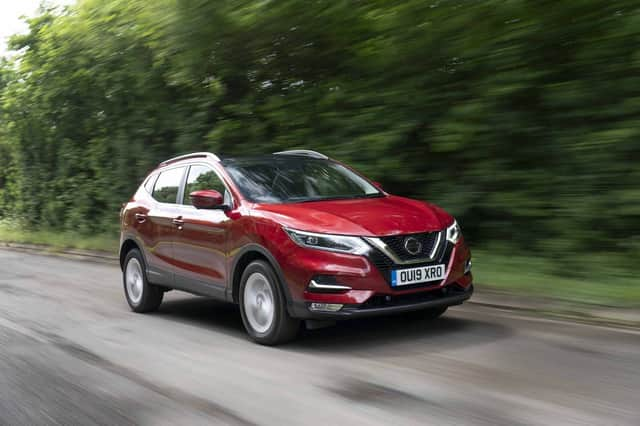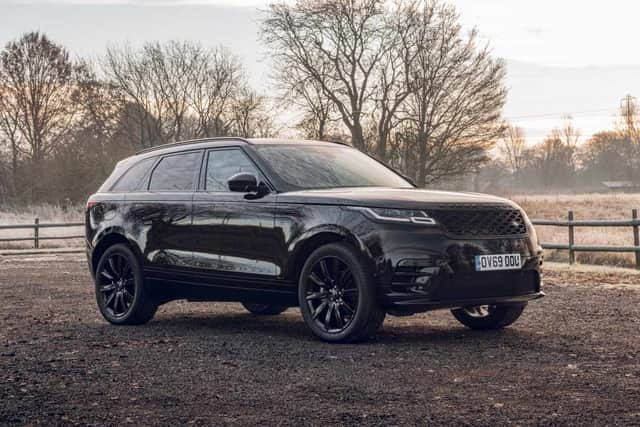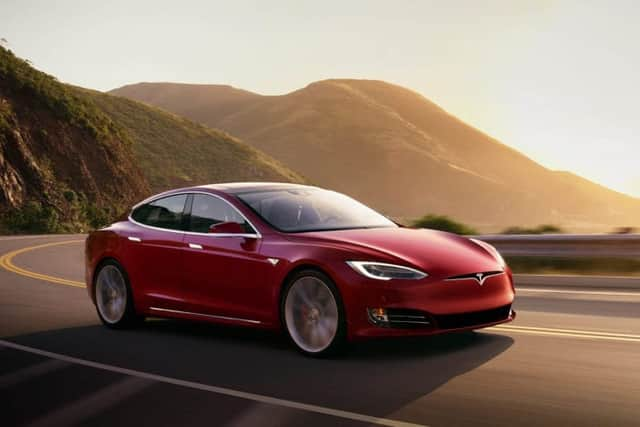Demands for car makers to recall these popular models over ‘serious’ manufacturing faults


Several major car manufacturers are being urged to recall models over “prolific” production faults affecting popular models.
Consumer group Which? has singled out models from Nissan, BMW, Land Rover and Tesla as having recurring issues which leave owners stranded with broken-down vehicles.
Advertisement
Hide AdAdvertisement
Hide AdIt is now calling on the brands to recall all the affected cars to have the common faults rectified, saying their “blatant disregard” for customers is costing owners hundreds of pounds.
Among the models highlighted by Which?’s survey of nearly 50,000 members is the current generation of the best-selling Nissan Qashqai.
It is one of two Nissan models affected by unusually regular battery failures. Which? found that it was the model with the highest breakdown rate for cars less than three years old, with one in five owners saying they had needed to replace the battery in the 12 months prior to the survey. That is five times higher than the average battery fault rate across all brands and models.
The Nissan Pulsar, which ended production in 2018 saw a similarly high level of faults when compared with other cars aged three to eight years, with 28 per cent of owners reporting a battery fault.
Nissan has said that since the problem came to light it has changed its battery supplier and contacted 35,000 owners of 2018 and 2019 Qashqais for a “free update”.
The Which? study also revealed that the last generation Juke was nearly seven times more likely to suffer a fault with the diesel engine’s fuel system, with the problem affecting one in five owners.


It also found that a quarter of BMW 5 Series owners reported problems with the suspension on cars aged three to eight years. That is five times the overall average rate but BMW insisted that analysis of its own warranty data “confirms nothing unusual about suspension claims across the 33,000 vehicles sold”.
Range Rover owners are apparently more likely to be hit with software issues with their infotainment systems. Twenty-one per cent of Velar owners and 17 per cent of Range Rover Sport owners said they had issues with the on-board software, compared with an average fault rate of 5.36 per cent for all cars up to three years old.
Advertisement
Hide AdAdvertisement
Hide AdLand Rover said that the Which? survey didn’t represent the vast majority of its owners’ experiences but added that it was introducing over-the-air updates to allow changes to on-board systems.
Tesla also came in for criticism in the report over persistent problems with its door locks and handles. Almost a fifth (18 per cent) of Model S owners with a car built between 2011 and 2016 reported trouble with the pop-out handles or locks on their car, compared with an average fault rate of just 1.66 per cent.
Tesla insisted that any such problems occurring in the first four years of ownership would be fixed under warranty but that owners of older cars would have to spend up to £270 to have such faults fixed themselves.


Harry Rose, Editor of Which? Magazine, said: “It is completely unacceptable that these trusted car brands continue to take customer cash without fixing these widespread faults - many of which are already well-known thanks to our comprehensive survey of UK motorists.
“Currently, car owners will have to foot the bill for faults once their car goes out of warranty, but it is not right for anyone to have to pay for production mistakes that these manufacturers are aware of.”
Vehicle makers generally only issue official recalls for problems which affect the safety of a car, although they can issue a technical service bulletin to address a common non-safety-related problem.